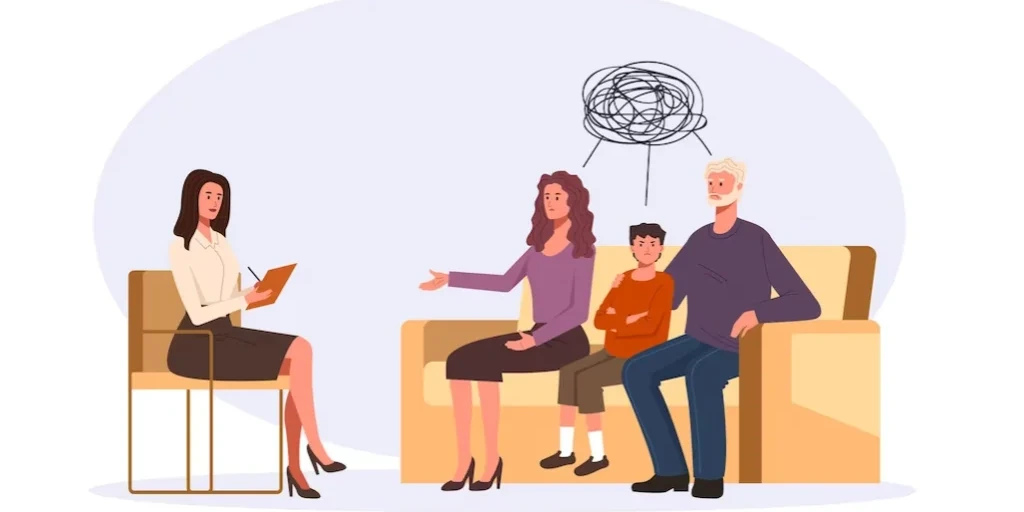24/7 Helpline:
(866) 899-221924/7 Helpline:
(866) 899-2219
Learn more about Ecstasy Rehab centers in Lincoln County
Ecstasy Rehab in Other Counties

Other Insurance Options

Kaiser Permanente

Amerigroup

Premera

Self-pay options

Private insurance

PHCS Network

ComPsych

Evernorth

Multiplan

American Behavioral

Magellan Health

Access to Recovery (ATR) Voucher

Carleon

State Farm

Sliding scale payment assistance

WellCare Health Plans

Humana

BHS | Behavioral Health Systems

BlueShield

CareSource

Lincoln Nova Vital Recovery
Lincoln Nova Vital Recovery is a dual diagnosis, drug, and alcohol addiction treatment center locate...

Northeast Delta Human Services Authority
Northeast Delta Human Services Authority serves people with mental health issues, addictive disorder...








Professional Counseling Services of Ruston
Professional Counseling Services of Ruston is a private rehab located in Ruston, Louisiana. Professi...



































